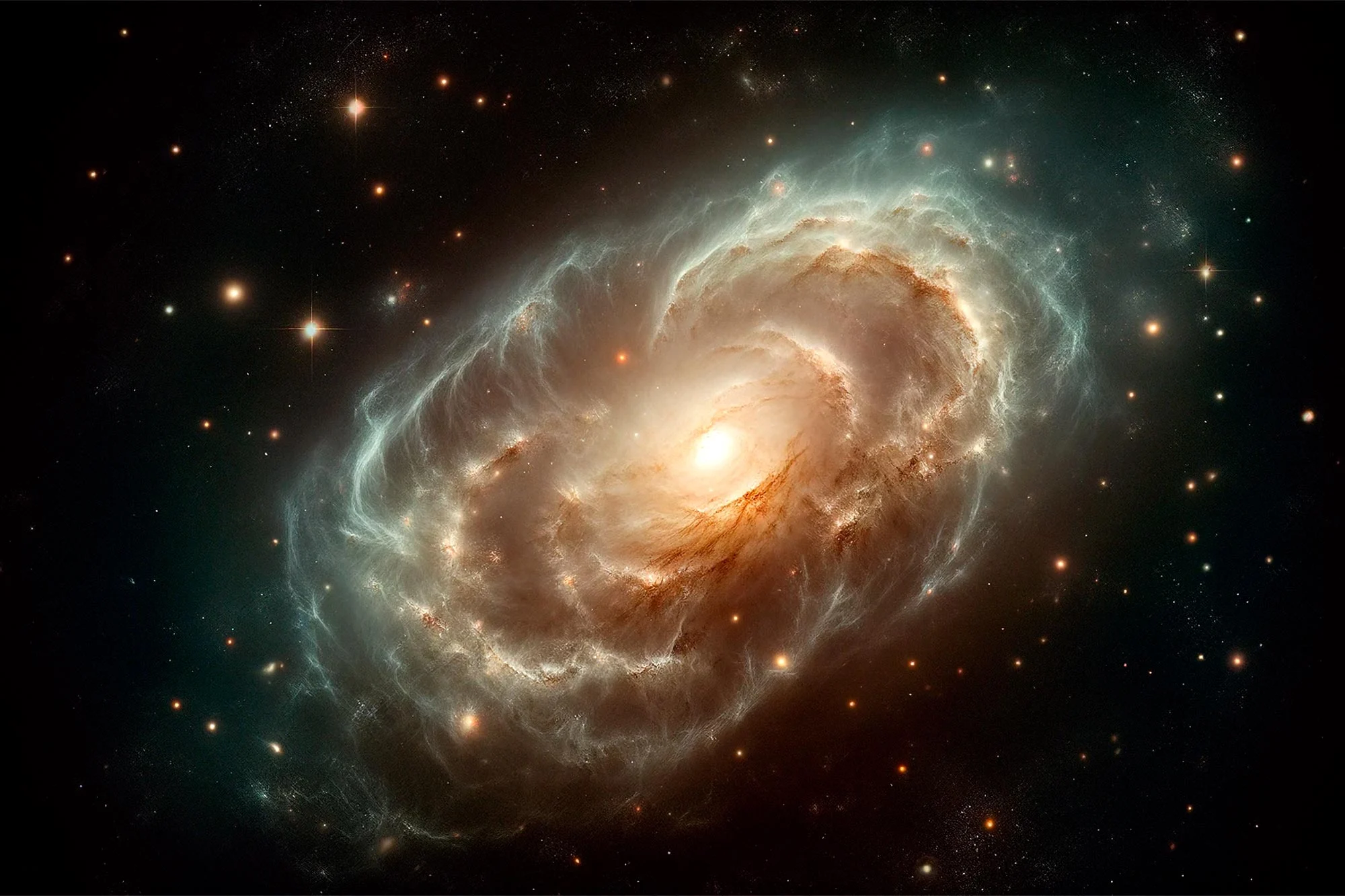Astronomers have recently used the James Webb Space Telescope to discover a galaxy that ceased forming new stars over 13 billion years ago. This “dead” galaxy was observed when the universe was only 700 million years old, making it the oldest such galaxy ever detected.

Led by the University of Cambridge, an international team of astronomers made this groundbreaking observation. The galaxy exhibited a rapid burst of star formation followed by an abrupt cessation, a phenomenon unusual for the early stages of the universe’s development. However, it remains uncertain whether this cessation of star formation in the galaxy is temporary or permanent, and the underlying cause remains unclear.
These findings are significant for understanding the mechanisms that stop star formation in galaxies and whether these factors have evolved over billions of years. According to Tobias Looser, the paper’s first author, the early universe experienced a phase of intense activity, characterized by abundant gas clouds collapsing to form new stars.
Co-author Dr. Francesco D’Eugenio explained that galaxies require a plentiful supply of gas to sustain star formation, likening the early universe to an “all-you-can-eat buffet” in this regard. However, over time, galaxies transitioned from active star-forming phases to dormant states, driven by various factors that depleted their gas reservoirs.
These factors include internal processes like the presence of supermassive black holes or feedback from star formation, which can expel gas from galaxies, halting star formation rapidly. Alternatively, star formation can deplete gas reserves faster than they are replenished, leading to a state of “galaxy starvation.”
These observations challenge existing models of galaxy evolution as they suggest a rapid pause of star formation that differs from the gradual decline observed in the modern universe.
Using data from theJWST Advanced Deep Extragalactic Survey), the astronomers determined that the observed galaxy underwent a brief but intense period of star formation lasting between 30 and 90 million years. The galaxy in question is the oldest dead galaxy observed to date, appearing just 700 million years after the big bang, over 13 billion years ago. This observation was made possible by the James Webb Space Telescope. It represents one of the deepest views into the early universe.
Leave a Reply